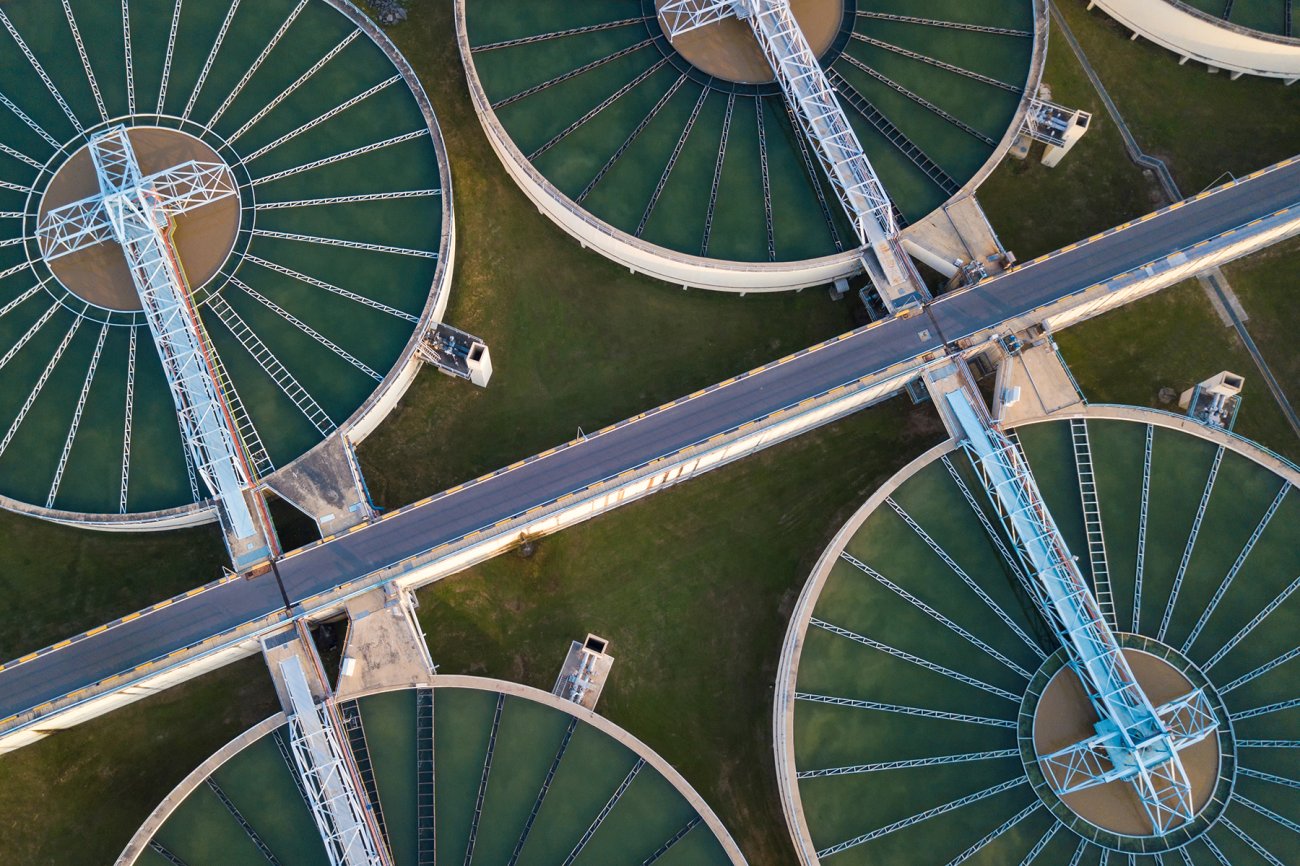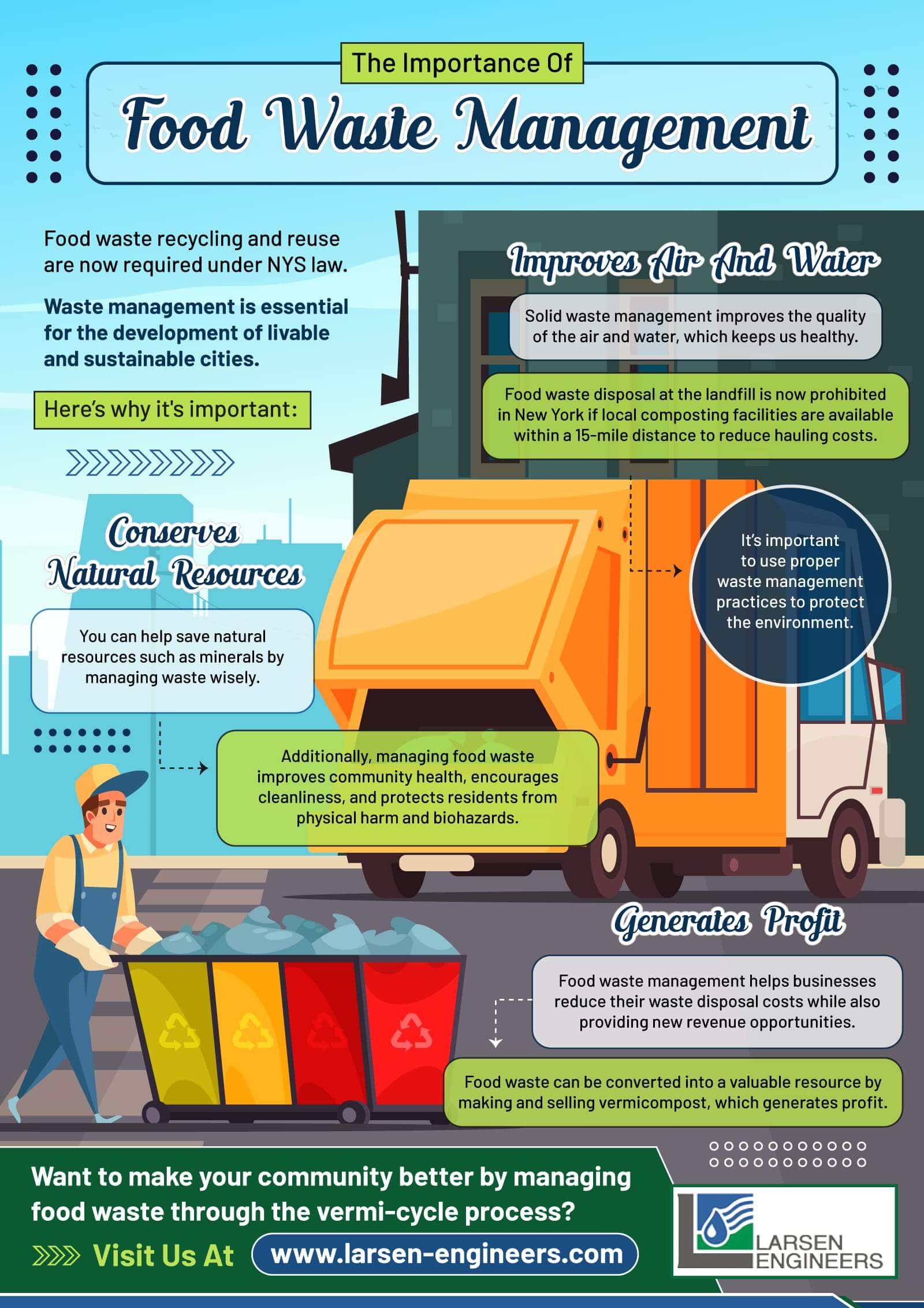Reclaim Waste for Dummies
Table of Contents8 Simple Techniques For Reclaim WasteThe 30-Second Trick For Reclaim WasteFascination About Reclaim WasteThe 30-Second Trick For Reclaim WasteThe Best Guide To Reclaim Waste
With correct liquid waste administration, firms can decrease energy-intensive therapy procedures and disposal costs. They likewise reach conserve resources and assign them in various other relevant procedures. There are many laws that safeguard public wellness and the atmosphere. By complying with a system for handling liquid waste, firms can stay clear of pricey fines and charges and stay clear of unfavorable publicity.(https://www.mixcloud.com/reclaimwaste1/)Gather representative examples from numerous points within the waste stream to ensure accuracy. Liquid waste, specifically hazardous ones, postures significant risks throughout this action.

Sanitation (e.g., chlorination, ultraviolet light, ozonation) and nutrient removal (e.g., denitrification and phosphorus removal) are recommended under rigid laws. Numerous business breached several liquid waste disposal regulations in current years.
Getting The Reclaim Waste To Work

Shallow basins contain liquid waste that is allowed to evaporate via all-natural procedures. This kind of disposal is subject to stringent ecological laws due to potentially unsafe exhausts.
The findings ought to be documented, analyzed, and stored not simply for submission to regulative authorities yet also for making improvements in the future. Usage dependable devices, techniques, and software program options to guarantee exact and consistent data collection. Keep updated on pertinent ecological regulations and market criteria. Share info with appropriate stakeholders (e.g., employees, governing federal government companies, and nearby neighborhoods) to preserve openness and liability.
No matter the business dimension or industry, there are numerous challenges associated with this task. Understanding these can help them properly handle their operations and minimize their ecological impact. makes it hard to deal with and take care of fluid waste safely. Companies that can not spend in facilities must take into consideration teaming up with the general public market for far better solutions.
The Only Guide to Reclaim Waste
By executing extensive administration systems that consist of therapy and recycling strategies, routine surveillance, risk analyses, and adherence to regional and federal laws, commercial centers can add to the protection of groundwater products, guaranteeing their accessibility for future generations (industrial wastewater treatment). Let's dig right into the significance of efficient fluid waste management in the commercial market, focusing on its implications for guarding groundwater resources
The contamination of groundwater resources due to improper fluid waste management in the commercial industry has far-ranging effects for human wellness, agriculture, and the environment as a whole. A few of the prospective effects triggered by such pollution consist of: Polluted Drinking Water Supplies: As groundwater provides a considerable part of our drinking water, air pollution click here for more from industrial activities can lead to damaging chemicals and bacteria entering our water supply, posturing health threats for human beings.
Minimized Agricultural Productivity: Farming counts heavily on groundwater for irrigation; for that reason, contaminated water can impede crop yields, pollute farming products, and affect food security. Given the significance of protecting groundwater sources, it is important for organizations to take an aggressive stance in managing their liquid waste properly and protecting against contamination.
All about Reclaim Waste
Liquid waste can infect land and contaminate waters. Information concerning taking care of and keeping fluid waste, responding to spills and minimizing fluid waste is offered in the complying with truth sheets and support:.
Water, the significance of life, is under constant risk from contamination. The function of waste monitoring specialists in securing this priceless source can not be overemphasized. Their services include: Septic tank and grease trap cleansing: Important for avoiding harmful contaminants from entering our water supply. Contaminated water and polluted effluent administration: Making certain that harmful fluids are safely removed and dealt with prior to they can harm our water resources.
Thus, incorporating lasting fluid waste administration into economic preparation enhances economic stability and shields the environment, showing the worth of this approach. In conclusion, taking on specialist liquid waste administration methods is important for ensuring a lasting future, shielding our atmosphere and securing the health of future generations.
When it comes to throwing away waste, sticking to proper treatments is essential for a plethora of reasons. Correct garbage disposal is not nearly sanitation; it's concerning guaranteeing the health of our setting, wellness, and the effective use of sources. Understanding the significance of effective waste monitoring can help all of us add to a much healthier, cleaner earth.
Some Known Details About Reclaim Waste
Reliable waste administration helps preserve clean roads and public areas, reducing the aesthetic impact of clutter and making certain that waste does not harm wildlife. When waste is not disposed of correctly, it can result in air pollution, where hazardous compounds can leach into the dirt, water supply, and the air, producing long-term ecological troubles.